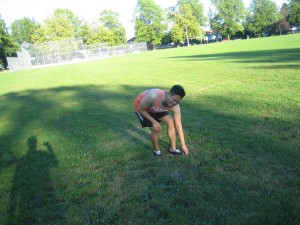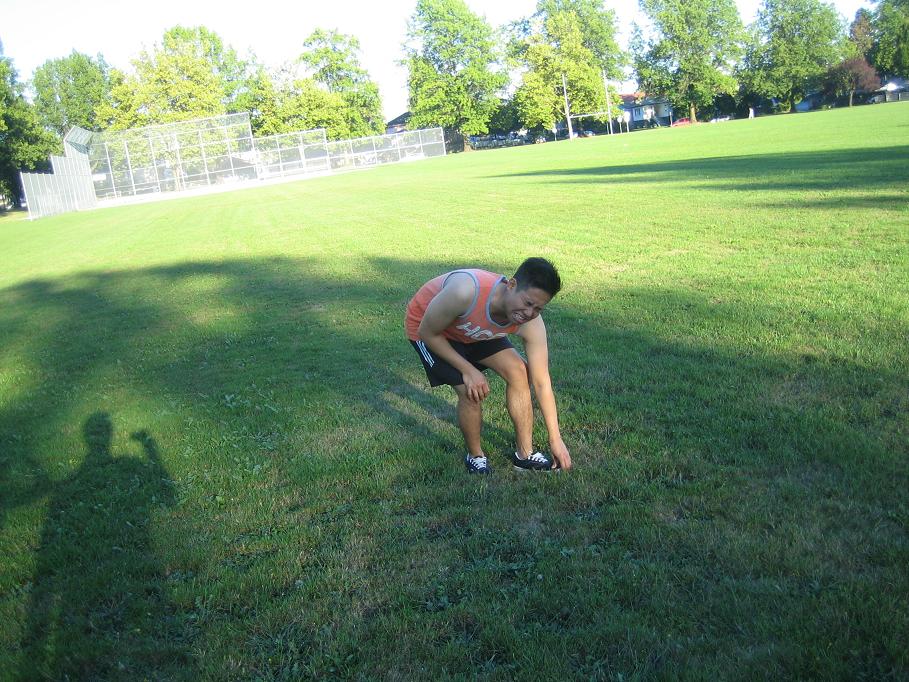Most cases of tinea fungal infections including ringworm can be easily managed using antifungal tablets, creams or shampoos. There are also measures that can get rid of fungal infections as well as prevent them from spreading such as the following:
https://www.youtube.com/watch?v=2htfUXd2zf0
- Cleanse the affected skin on a daily basis and dry thoroughly by paying close attention to the skin folds and in between the toes.
- In case of fungal infections in the foot or groin, change socks or underwear on a daily basis since fungi can persist in flakes of skin.
- Wash clothes, bedding and towels regularly.
- For scalp infection, avoid sharing hairbrushes, combs or hats.
- Wear loose-fitting clothes particularly those that are made out of cotton or other natural materials.
Treatment of fungal infections
In most cases of ringworm, athlete’s foot and groin infections can be managed using an over-the-counter antifungal gel, cream or spray. There are various types available, thus a doctor should be consulted so that the right one can be given.
In most cases, you have to apply antifungal gels, creams and sprays on a daily basis for 2 weeks. The gel, cream or spray must be applied over the rash and cover an inch of the skin that surrounds the rash.

The individual is usually advised to use the treatment for 2 weeks to minimize the risk for re-infection. The doctor must be consulted if the symptoms did not improve after 2 weeks of treatment since there is a need to use antifungal tablets.
Treatment for feet and groin fungal infections
The groin infections can oftentimes occur at the same time with athlete’s foot. It is important to treat both fungal infections at the same time in order to avoid being re-infected with either condition.
Treatment for fungal infections of the scalp
The scalp infections are typically managed using antifungal tablets often together with an antifungal shampoo. There are 2 main forms of antifungal tablets – terbinafine and griseofulvin. The antifungal medication that the doctor prescribed usually depends on the type of fungus responsible for causing the infection.
Terbinafine tablets
These are given to those with fungal scalp infections that must be taken once a day for 4 weeks.
Griseofulvin
This medication prevents fungi from reproducing and multiplying. It is available as a spray and usually taken on a daily basis for 8-10 weeks.
Antifungal shampoos
It is important to note that antifungal shampoos could not cure scalp infections, but can prevent the infection from spreading as well as hasten the recovery. Those that contain selenium sulphide and ketoconazole are readily available in pharmacies. Ideally, the shampoos must be used two times in a week during the initial 2 weeks of treatment.
Treatment for fungal nail infections
The fungal nail infections are managed using antifungal nail paint but might also require antifungal tablets. These tablets are more effective than the nail paints, but can trigger side effects such as nausea, headache and diarrhea.

